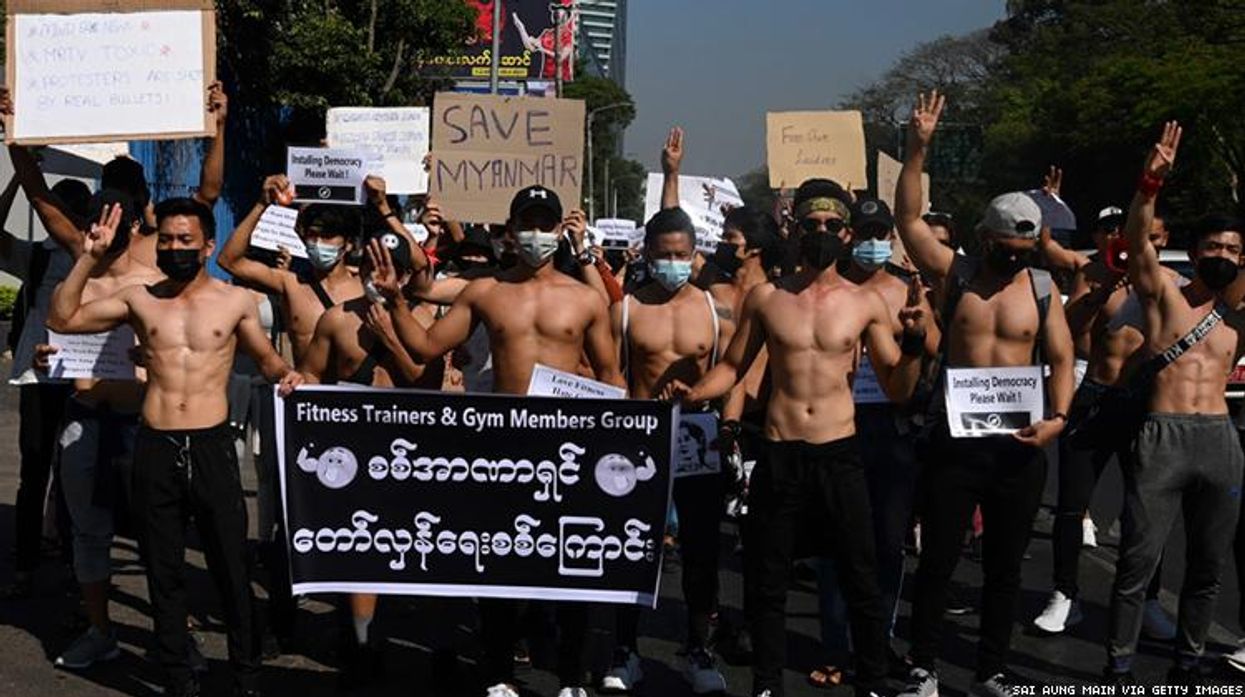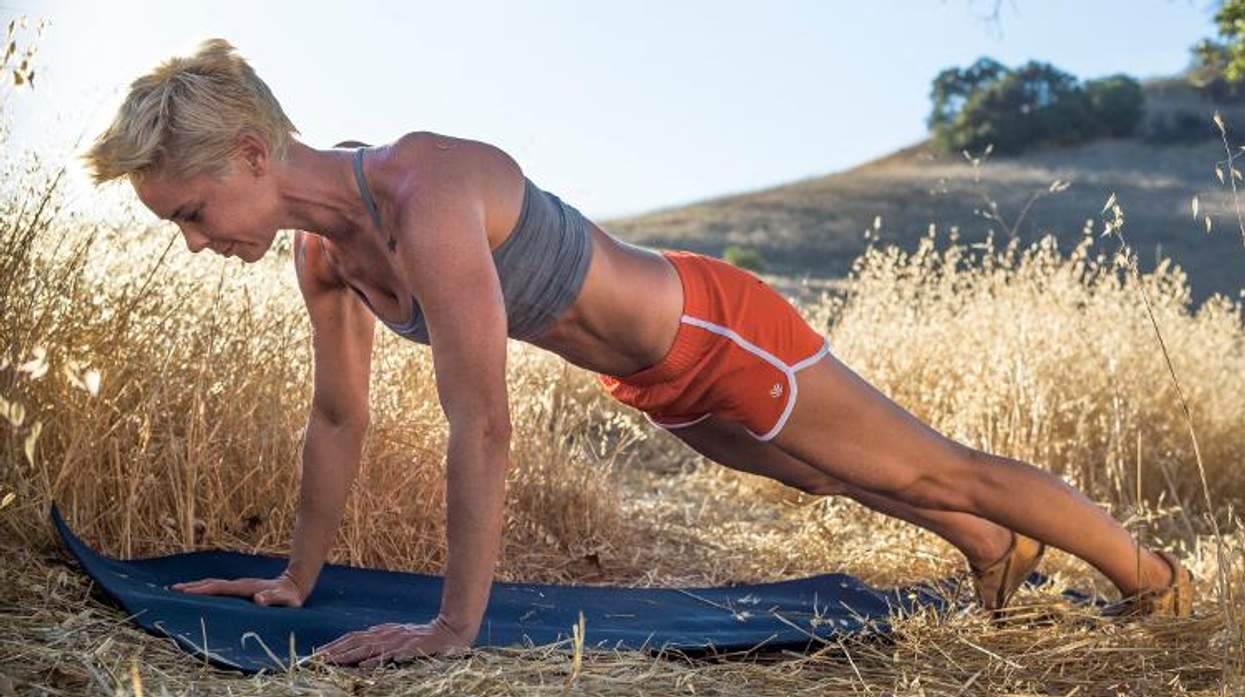Build up while going down the slopes
With winter upon us, training outdoors becomes difficult for many. But winter sports can keep you in top shape all season long. Snowboarding, for example, isn't just a great cure for cabin fever; it also will help the average 150-pound person burn 570 calories in only one hour. Snowboarding increases cardiovascular performance while maintaining strength -- thanks in large part to the twisting of the torso and squatting of the hips and thighs that the sport requires. Better yet, the sport is less likely to result in the kinds of knee injuries so often associated with skiing because both feet are attached to a single surface. Bottom line, here's an activity that could leave your body hot enough to melt ice -- another talent that comes in handy in winter.
HOT TIP:adding heat to your meal can melt away the extra pounds
Research has shown that capsaicin, the sizzling chemical compound that gives chili peppers their punch, can temporarily spike your body's metabolism for up to three hours after you eat it. Capsaicin also aids in appetite control and causes thermogenesis (the production of body heat), meaning that it can control your appetite while helping you burn more calories. And, of course, chilies are also a great way to add an instant kick to almost any dish.
Too Much of a Good Thing
Exercising harder isn't always better for you
A love affair with working out can lead to amazing health benefits, but a boil-your-bunny obsession with training can be problematic. Many gymgoers experience desired gains initially but then plateau or burn out due to overtraining the body. Cardio and strength training create microtears within our muscles, and the body repairing those tears over the next 48-72 hours actually grows the muscle and leads to an increase in athletic performance and strength gains. Without that rest period the body doesn't have a chance to repair the microtears, and the gains stop and the body doesn't repair itself. Overtraining can lead to headaches, irritability, increased injury, loss of sleep, and recurring colds or illnesses. Fortunately, overcoming this is relatively easy if it's caught before permanent damage is caused. If you've been pushing yourself too hard lately and feel fatigued, are losing coordination, and have a higher than usual resting heart rate, consult with your physician. If he or she rules out other causes, you may just need to take rest days between workouts and decrease the intensity of your exercise program every few weeks.















Charlie Kirk DID say stoning gay people was the 'perfect law' — and these other heinous quotes
These are some of his worst comments about LGBTQ+ people made by Charlie Kirk.